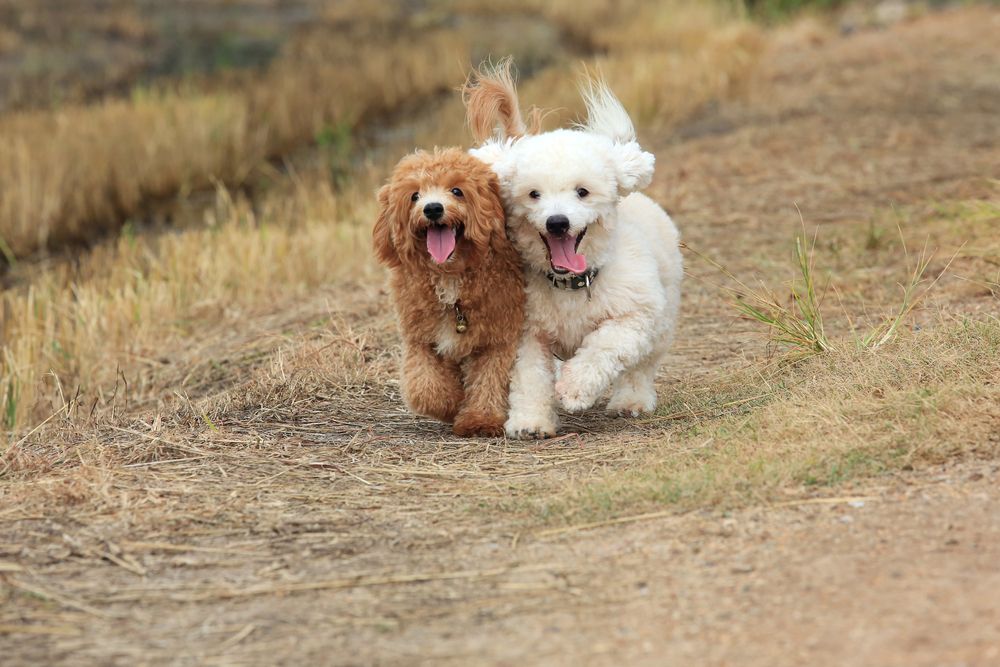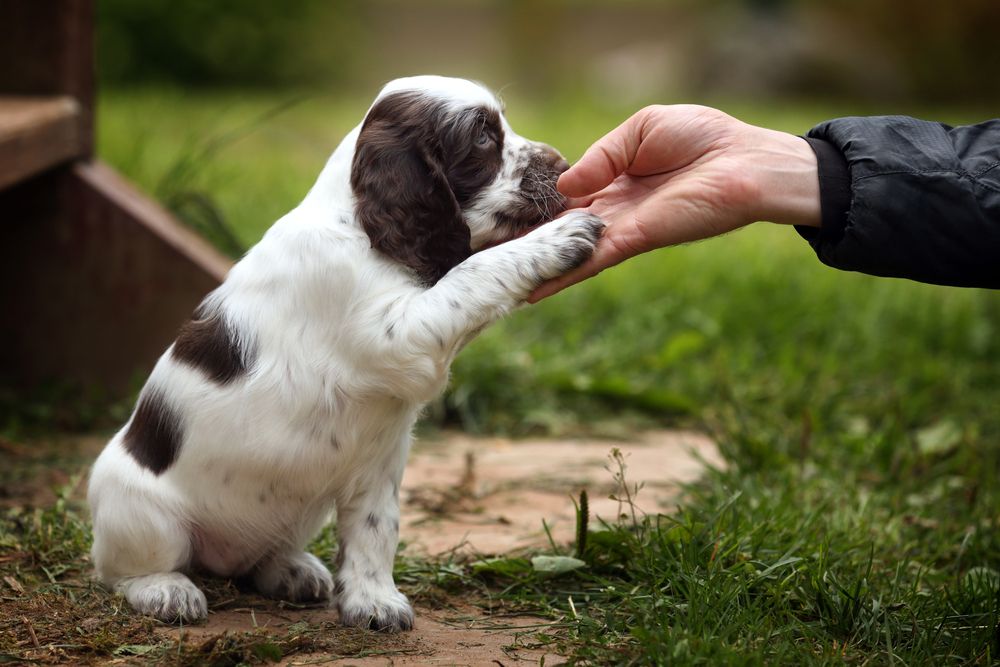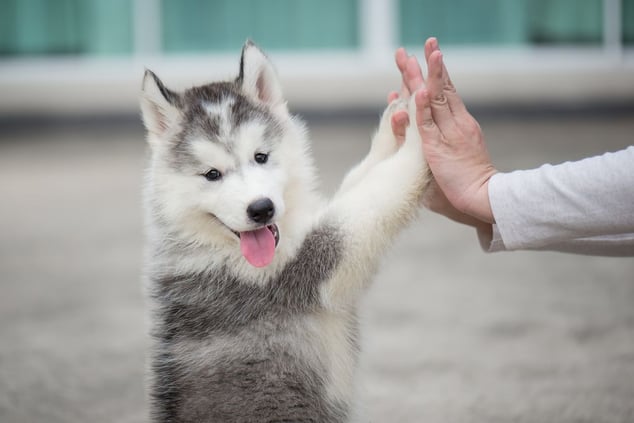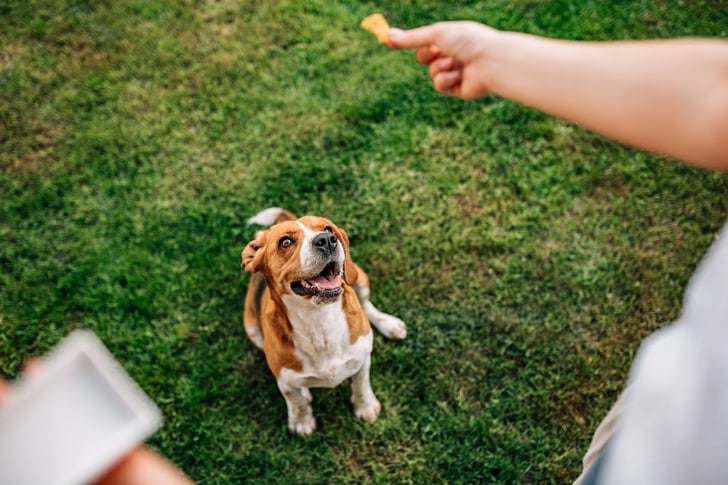No dog should be alone, when it comes to dogs the more friends the better. At some point or another you will be walking them out that door into a world of new experiences and other humans and dogs. Time out with your dog should be an enjoyable one. Crucial to this is your doggy buddy feeling confident to go out and have fun with both you and other four-legged friends.
Here are 5 facts you need to know about socialising your puppy, starting early so they grow up to be a well-adjusted dog.
SOCIALISE YOUR PUPPY

Dogs are like us, they need physical and mental stimulation and the rewards of relationships with other animals. This is in their very DNA as pack animals, they are, like us humans, highly social animals. Puppies should experience as many situations and individuals as possible with the aim of positively reinforcing situations as normal and nothing to worry about.
A socialised puppy will start responding calmly to new environments and knowing how they need to act in each given situation. From the age of 3 months, they’ll be increasingly eager to explore their environment - it’s a BIG world for a small pup - learn new things and form new friendships. So be ready.
TRAINING CLASSES

Training classes always have their place, not only for you to learn the ways to teach your puppy but also to host that first regular contact with other owners and their dogs. Give those first steps the best chance of success by having an instructor on hand.
As an owner you should try to be patient and consistent. Classes are as much for you
as your puppy. Puppy classes are for 8-16 week old dogs. Adult dogs can attend classes at any age, so it’s never too late. Short, repeatable sessions with rewards for good dogs are the way to go.
With puppies you should start training early right after adoption, even before vaccination with your vet’s permission. Make the most of this period outside the classroom as well: take your puppy out in a stroller or basket and get them used to new situations, sounds and sights.
ADAPTIL JUNIOR
During this period, consider using ADAPTIL® Junior. This can help adapting your little one to the new environment and periods spent alone. It may also make them more comfortable.
Start immediately after you bring them home. Also get them an ADAPTIL Junior collar to comfort your pup when they are out and about in the big scary world. These items are clinically proven to improve scores after training and bring about longer, happier playdates with other animals.
BOND WITH YOUR PUPPY
Whether your puppy has the confidence or self-control yet in everyday life, you must keep going. This is the time for standards to be set, when you spend quality time with your new best friend. More socialisation reduces their anxiety and fear, improving behaviour when you’re alone with them. Love them and give them new experiences and your bond will grow.
PRAISE NOT PUNISH
Some dogs don’t want to get out and mix with other dogs, so you need to pick up the slack if that’s the case and make things change. You should be able to get most puppies on the right track if you keep your distance and give them treats when they behave well. Always be quiet and calm, observe their behaviour with the other animal then slowly get closer and pop them a biscuit as reward if all is well.
It’s worth remembering that some dogs are fearful outside. Be careful about the meeting process and withdraw if a situation’s doesn’t work for both parties and things are getting too bark-y. There’s no shame in it, just keep trying. The reward is a world of possibilities to explore together. If your pooch needs a little helping hand then try the ADAPTIL Calm On-The-Go Collar which may offer them the reassurance they need.



